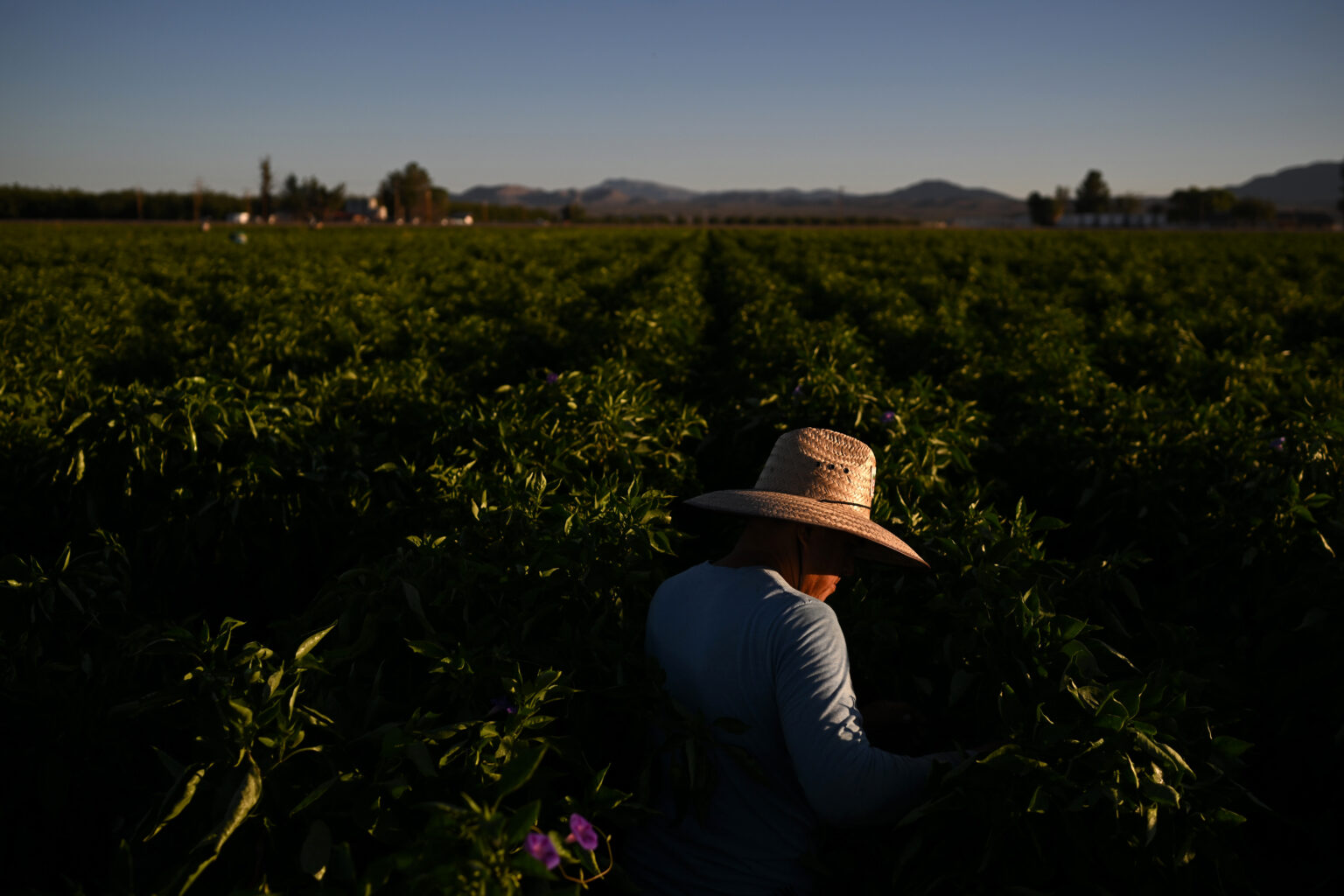Shifts in Immigration Enforcement: Industry Responses and Political Dynamics
Industries heavily reliant on immigrant labor are currently navigating a turbulent landscape following recent changes in federal immigration enforcement policies. After experiencing a temporary reprieve from scheduled raids last week, which was subsequently rescinded, business sectors are now grappling with the implications of renewed enforcement actions.
Reversal of the Immigration Raid Moratorium and Industry Reactions
Initially, the Trump administration announced a pause on immigration raids targeting key sectors such as agriculture, hospitality, and manufacturing. This temporary halt was driven by intense lobbying efforts from industry groups seeking relief from aggressive enforcement. However, the administration reversed this decision within days, reinstating the threat of workplace raids and causing widespread concern among business leaders.
The abrupt policy shift has sent shockwaves through the business community, many of whom had been advocating for a more predictable and humane approach to immigration enforcement. Jennie Murray, president of the National Immigration Forum, which advocates on behalf of Fortune 500 companies and other major employers, expressed disappointment over the swift reversal. She noted that many industry associations had supported the administration’s initial stance, hoping for policies that would stabilize their workforce needs.
Industry Concerns and the Agricultural Sector’s Perspective
The American Farm Bureau Federation, a prominent lobbying organization representing farmers nationwide, voiced its apprehension regarding the policy change. Zippy Duvall, the federation’s president, emphasized that agriculture faces distinct challenges that justify tailored enforcement strategies. He highlighted that the sector’s workforce is predominantly composed of foreign-born workers, with estimates indicating that approximately 75% of farm laborers are immigrants from Latin America.
Following the policy reversal, enforcement actions resumed swiftly. For instance, on Tuesday, Immigration and Customs Enforcement (ICE) agents conducted a raid at Delta Downs, a renowned horse racing venue in Vinton, Louisiana. Nearly 100 workers involved in horse care were detained, some fleeing the scene amid drone surveillance, according to Eric J. Hamelback, CEO of the National Horsemen’s Benevolent and Protective Association. Hamelback believed that horse racing, classified under agriculture, should have been protected under the administration’s carve-out, but the recent raid indicated otherwise.
Hamelback stressed the need for increased advocacy, stating, “We must intensify our efforts with both Congress and the White House.” His organization has been actively lobbying, including a meeting with Senate Majority Leader Mitch McConnell earlier this year, to seek more favorable policies for their workforce.
Political and Administrative Tensions Within the White House
The policy reversal underscores internal disagreements within the Trump administration. While some officials, like Deputy Chief of Staff Stephen Miller, have championed strict immigration enforcement without exceptions, others, such as Brooke Rollins, who oversees agricultural policy, have highlighted the importance of protecting farming communities. Notably, over 40% of agricultural laborers are undocumented, according to 2022 data from the Agriculture Department, making enforcement a complex issue.
White House officials have faced pressure to increase ICE arrests to fulfill campaign promises of a historic deportation effort. Last month, Miller indicated that ICE was expected to make at least 3,000 arrests daily, a target that has been partially met, with recent reports suggesting around 2,000 arrests per day.
Industry and Political Responses: A Divided Landscape
Despite the setbacks, some Republican lawmakers remain cautiously optimistic about finding a legislative solution that balances immigration enforcement with economic needs. During a recent press conference organized by the American Business Immigration Coalition, Rep. Andy Harris (R-Maryland), chair of the House Freedom Caucus, praised President Trump’s approach, emphasizing the importance of maintaining a workforce that supports the GOP’s economic base.
Conversely, concerns about the potential fallout of aggressive immigration policies continue to grow. Senator Jim Justice (R-West Virginia) warned that without careful oversight, the United States could face a crisis in its agricultural sector, risking the loss of vital farm operations and threatening the stability of American family farms.
Looking Ahead: Balancing Enforcement and Economic Stability
The ongoing debate highlights the complex interplay between immigration enforcement policies and economic stability. As industries advocate for more predictable and humane immigration practices, policymakers face the challenge of addressing labor shortages while maintaining border security. The coming months will be critical in shaping a policy framework that aligns enforcement priorities with the needs of vital sectors like agriculture, hospitality, and manufacturing.

